Hashimoto's Disease
As an autoimmune disease, Hashimoto's antibodies (anti-TPO) attack the Thyroid Gland, eventually destroying it. It has prevalence among women aged 25-60. Despite its early onset, it's usually diagnosed much later, after the patients start to show the symptoms of hypothyroidism, such as fatigue, depression, brittle hair and nails, dry skin, cold intolerance, and weight gain.
The thyroid gland controls our metabolism, it's the thing that decides how your nutritional intake will be used. And once it's being attacked and destroyed, your body thinks it's starving. You are feeling fatigued cause your body wants to conserve energy for survival. Your hair and nails are not essential organs so they won't be delivered food. Instead of burning the food you eat, it wants to save it in long-term energy depots aka body fat.
Artificial Sweeteners
Let's admit it, humans love sweet things. We love sweet fruits, desserts, and chocolate. There are several kinds of sweeteners available to the consumer. Artificial sweeteners are completely lab-created and are used in diet beverages. Aspartame and acesulfame are the ones that are used the most. It's the blue package you see everywhere.
According to research, there's a significant correlation between diet soda consumption and Hashimoto's Disease. Since their introduction in the 80s, the yearly Hashimoto's diagnosis rate increased 240 folds. Although there could be other factors, this alone suggests a strong correlation between the two. Furthermore, once the test subjects stop the diet soda and other intakes of these sweeteners, the anti-body levels drop and return to normal in 3 months in some of the patients.
ALLULOSE
Allulose is a rare and expensive type of sugar. It is a type of sugar to the degree that the FDA initially required it to be listed as added sugar. However, it was proven that our bodies won't convert it to glucose at all. Its molecular structure is the same as sugar but It's very low in calories compared to sugar and doesn't raise blood glucose levels as sugar does.
The best thing and the most important reason, we chose allulose in our chocolates is that it's proven that it doesn't destroy our metabolism and it helps with fat oxidation. Higher fat oxidation means helping your cells burn fat more efficiently. This fact makes allulose perfect for Ketogenic Diet.
Nutritionally, allulose delivers approximately 0.2 kcal/g, or about 5% of the calories of sugar, and excreted intact primarily in the urine, allulose is referred to as a low-impact sugar.
The science regarding its health benefits and impact on blood sugar, including studies as part of the product's Generally Recognized as Safe (GRAS) application, demonstrates that allulose is nonglycemic; that is, it has no effect on blood glucose.
An early crossover study showed that intake of 7.5 g of allulose didn't impact blood glucose or insulin concentration and suppressed insulin response after a 75 g maltodextrin challenge.3 A double-blinded, randomized, controlled acute feeding study comparing postprandial blood glucose response following a 75 g oral glucose tolerance test (OGTT) plus small amounts of either allulose or fructose in healthy individuals found that neither sugar affected blood glucose markers.4
"We do not see an effect in individuals who handle blood glucose normally," says John Sievenpiper, MD, Ph.D., FRCPC, an associate professor in the department of nutritional sciences at the University of Toronto and staff physician in the division of endocrinology and metabolism at St. Michael's Hospital in Toronto. "This contrasts with our results from studies on individuals with impaired handling of blood glucose."
Sievenpiper adds, "We need longer-term studies on longer-term effects to understand if what we see acutely translates into a sustainable advantage. Data suggest that allulose may improve the body's metabolic handling of high-glycemic carbohydrates, but it is too early to tell. In the meantime, we have not seen any harm."
Allulose is suitable for individuals with diabetes. "In acute studies on subjects with type 2 diabetes or impaired handling of blood glucose, ingestion of allulose not only does not affect blood glucose but also improves metabolic handling and lower glycemic response of high-glucose carbohydrates," Sievenpiper says. "It activates the enzyme glucokinase in hepatocytes, promoting glycolysis by increasing conversion of glucose to glycogen."
A study involving adults with borderline diabetes and those with normal glycemia found that consuming 5 g allulose in tea plus a meal after an overnight fast suppressed postprandial glucose but not insulin for both groups.5 Adding a 10 g dose of allulose to a standard 75 g OGTT resulted in an 8% reduction in plasma glucose incremental area under the curve compared with no allulose. Doses of both 5 g and 10 g conferred additional blood glucose-related benefits that weren't seen following similar amounts of fructose.6
Research also suggests that allulose enhances fat oxidation. In one study, a group of healthy men and women experienced significantly greater postprandial fat oxidation, higher free fatty acids, and lower plasma glucose, but lower carbohydrate oxidation, after a 5 g dose of allulose followed by a standard meal as compared with a control of 10 mg aspartame plus the same meal.7 A preliminary study comparing a sucralose placebo to low- (4 g D-allulose twice daily) and high- (7 g D-allulose twice daily) allulose groups observed significant reductions in body fat percentage and body fat mass in both allulose groups and significant decreases in BMI and total abdominal and subcutaneous fat in the high-allulose group as compared with the placebo group.8 The research team calls for validation of the results through additional body fat testing.
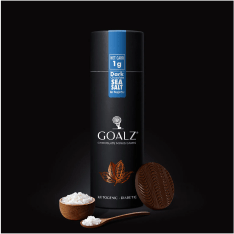
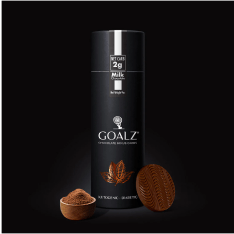


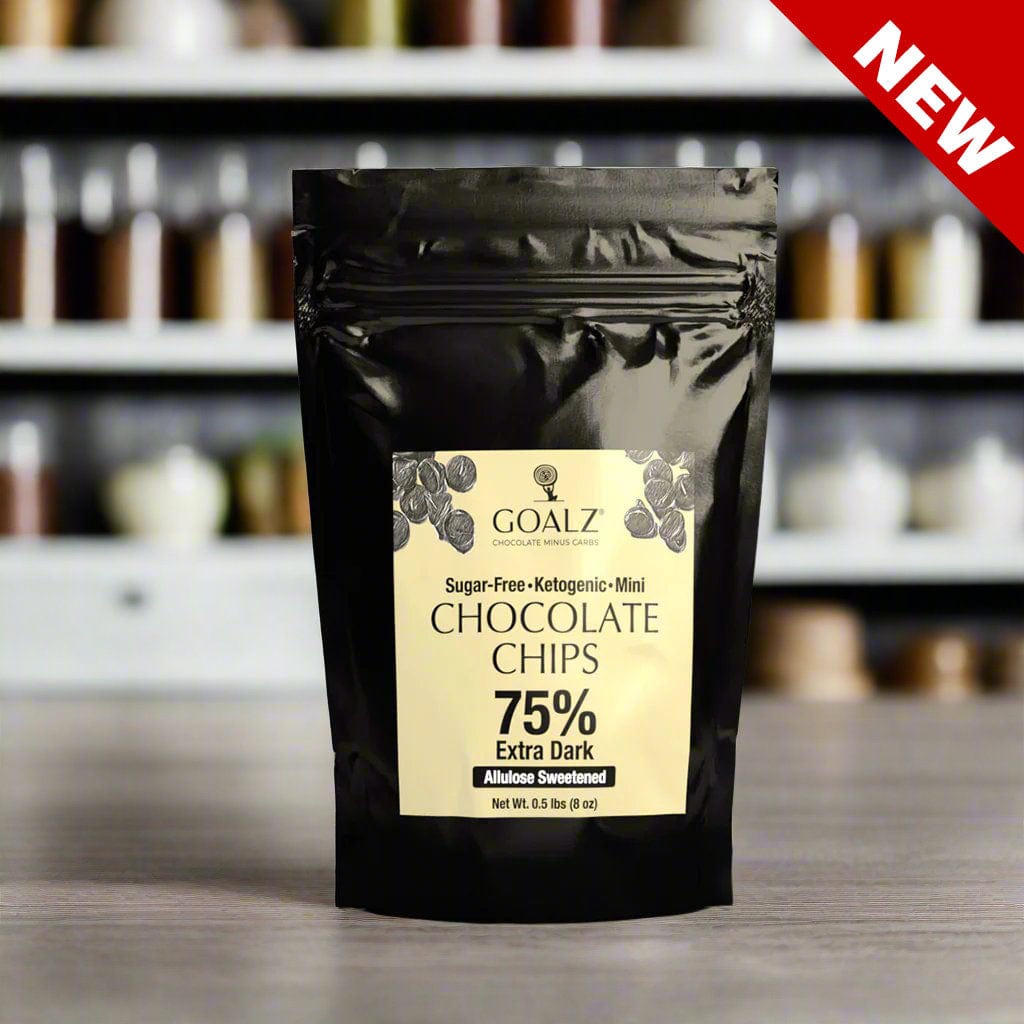
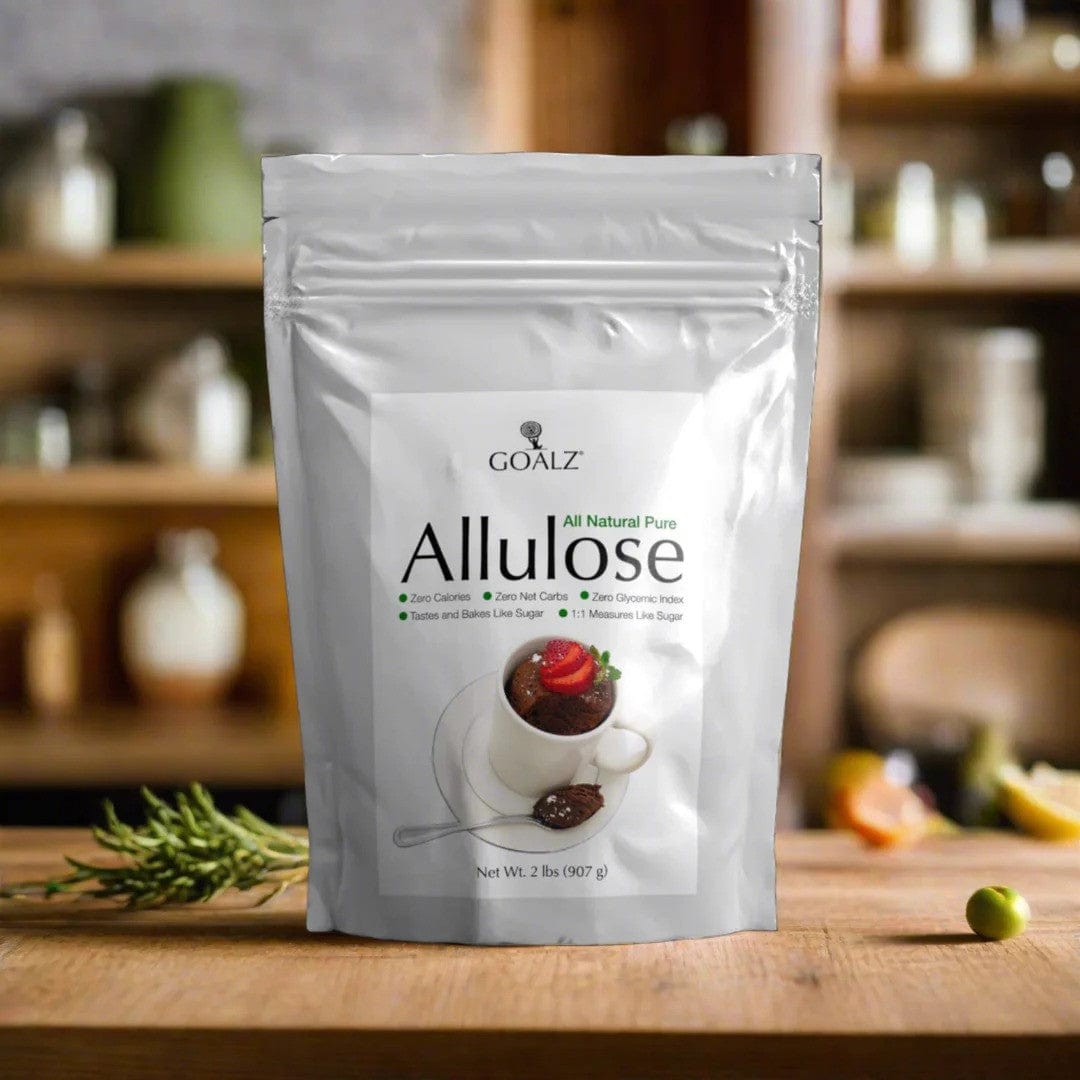




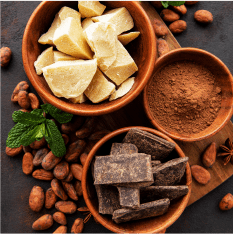
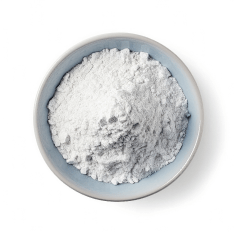




Leave a comment